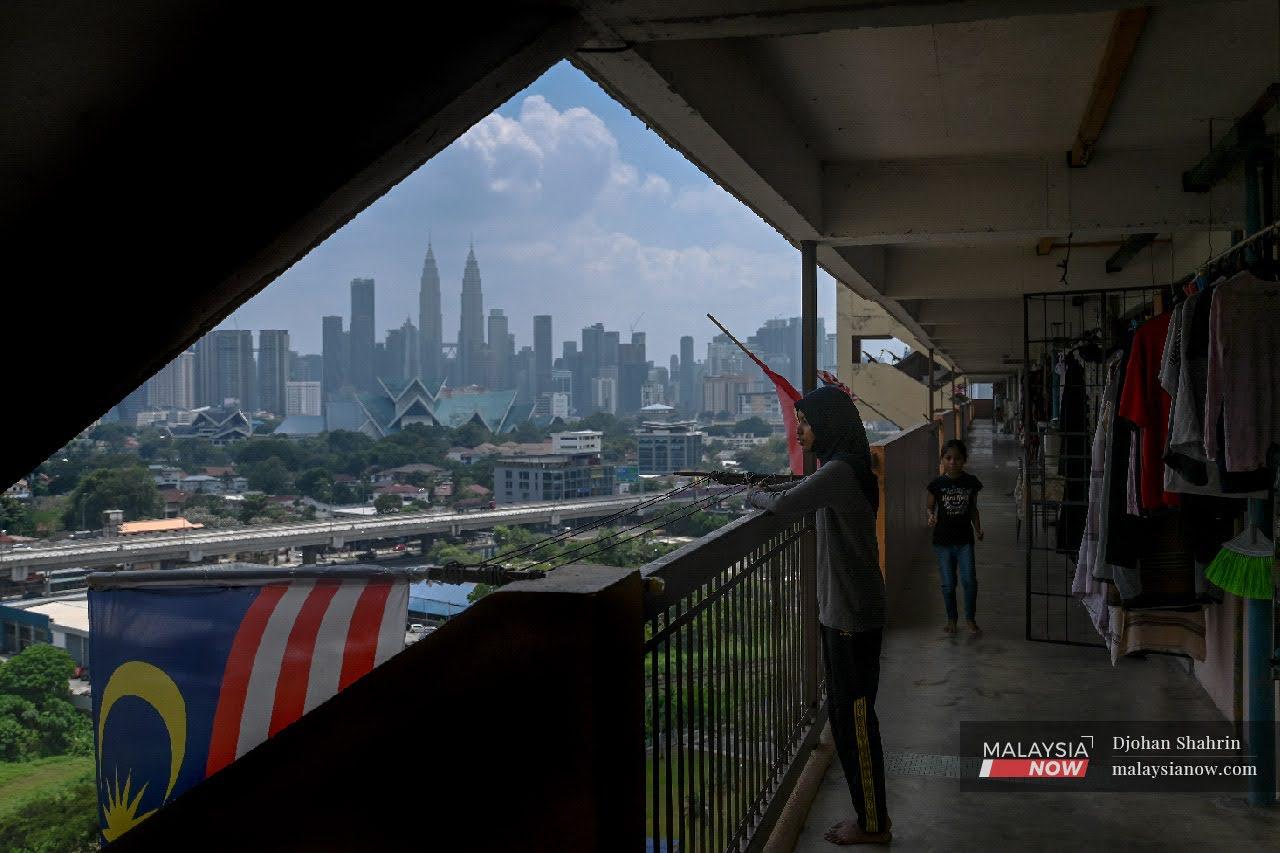Concerns raised over long-term debt for B40 homebuyers
Industry players say long-term loans could heap financial pressure on these buyers and end up as multi-generational burdens.
Just In
Concerns have been raised over the ability of those from the B40 or low-income group to finance long-term loans for housing, against a backdrop of unsold property which the central bank recently said remains at an elevated level across the country.
Affordable housing has been a long-standing problem especially for those in areas such as the Klang Valley, with Housing and Local Government Minister Zuraida Kamaruddin last year urging developers to concentrate on projects priced below RM500,000.
But even RM500,000 is beyond the reach of many whose struggles have been compounded by the impact of the Covid-19 pandemic on businesses and the economy.
Radzi Tajuddin, CEO of property company Hi Home, said homebuyers from the B40 income bracket should not be burdened by long-term debt.
“Most of them are financially illiterate,” he told MalaysiaNow. “The monthly repayments might be cheap, but extending the loan tenure means paying more for interest.”
He cited as example a recent initiative by the Better Malaysia Foundation, founded by business tycoon Vincent Tan. Tan had urged the government to implement strategic initiatives for banks and financial institutions to provide 100% financing for B40 home buyers with two-generation loans of between 40 and 60 years.
Radzi suggested that the government continue with loan tenures of 30 to 35 years, but applauded the foundation’s proposal that the units be divided into two self-contained sections.
“B40 families who reside in the unit can rent a room or two to tenants,” he said. “This could generate extra income for the family, and they could use this to pay for the monthly commitments.”
He also urged the government to levy a vacancy tax on developers for units that remain unsold after a certain period of time. He said this would put pressure on developers to lower the price of their properties.
Carmelo Ferlito, CEO of the Center for Market Education, said 100% government-backed financing for B40 homebuyers through two-generation housing loans could cause them further financial stress.
“From a policymaker’s perspective, I am afraid of long-term loans because they are a big risk in terms of financial stability, and could lead to a huge crisis,” he said.
Carmelo, a senior fellow at think tank Institute for Democracy and Economic Affairs, said financial policies targeting homebuyers who lack the capacity to repay their loans had been a factor in the 2007-2008 sub-prime mortgage crisis in the US and Europe.
“These loans will simply become multi-generational, heaping additional debt on already financially strained families and their children to come,” he said, adding that this would set an unhealthy precedent for household debt management.
He suggested instead the guaranteed-rent method, in which the government guarantees the mortgage and rent for property developers or owners. In exchange, he said, developers or owners would be required to select tenants from a group of people designated by the government agency.
Subscribe to our newsletter
To be updated with all the latest news and analyses daily.
